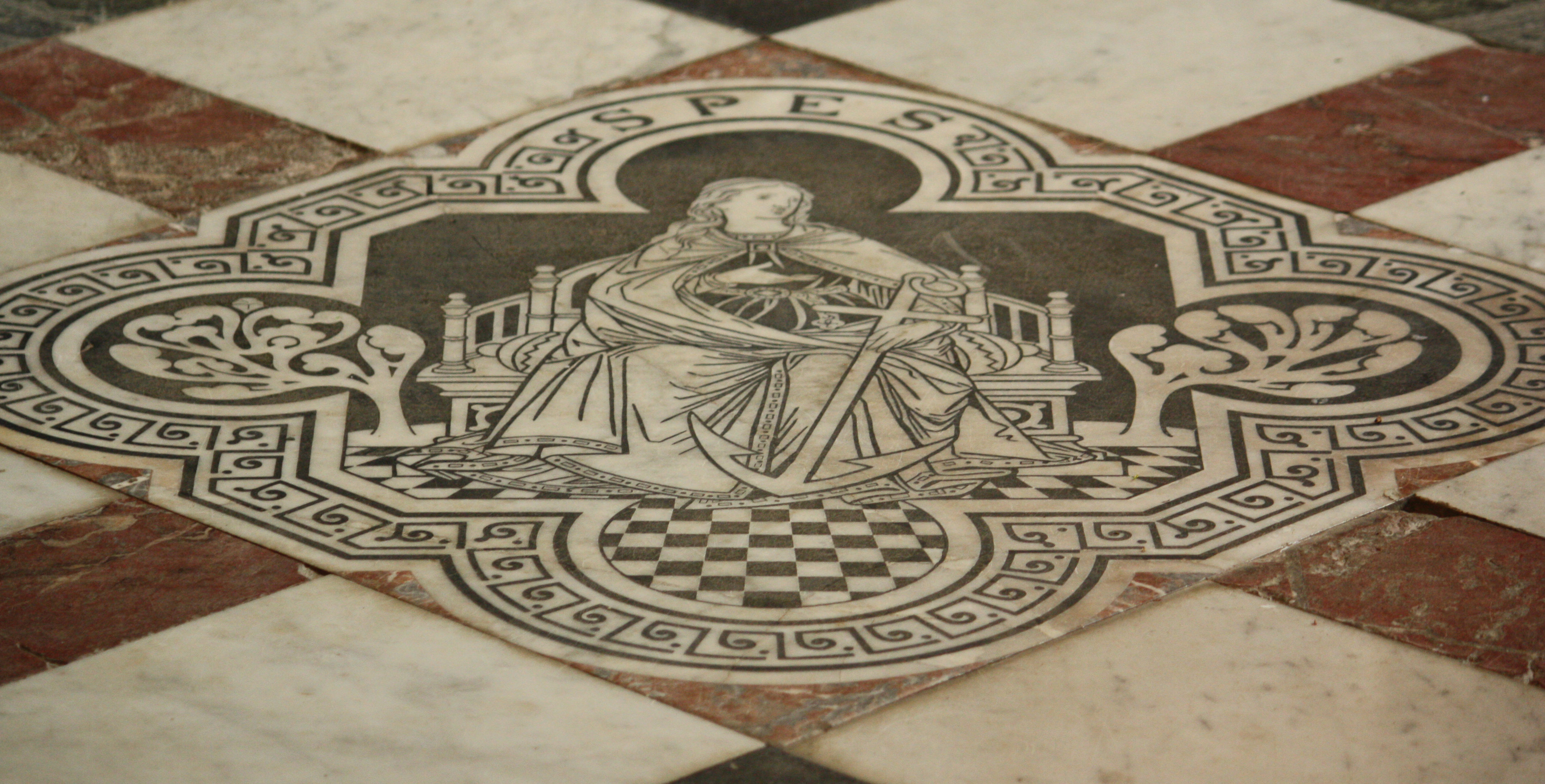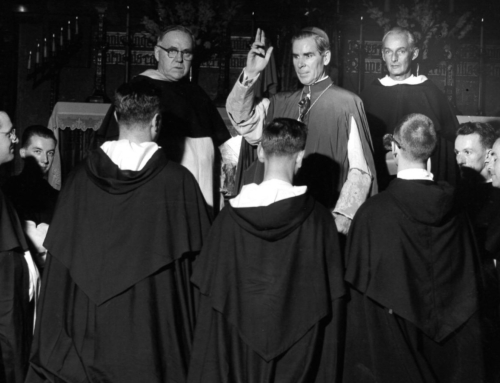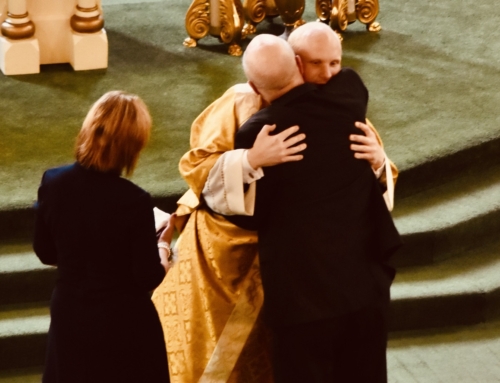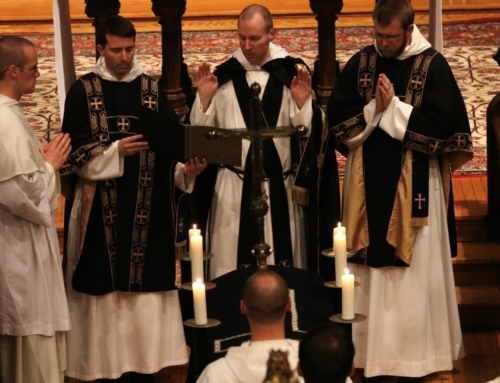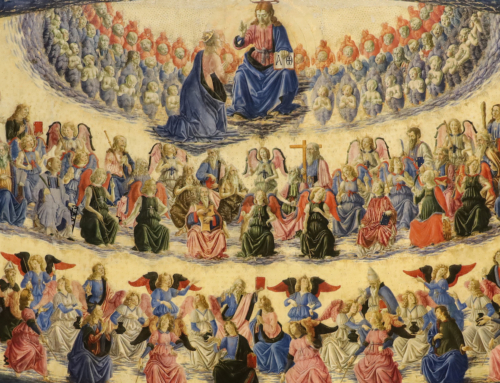Hope is a theological virtue infused by God into our souls to keep us from discouragement. Expectations, on the other hand, are human ideas of which we sometimes need to be wary. How often we expect too much from ourselves and become overly dejected when our all too familiar imperfections creep in! When our best resolutions fall prey to weak resolve, we are tempted to despair of ever improving at all. If this isn’t bad enough, we set equally high standards for others, and then we give in to anger when we realize that they too are imperfect. Our expectations can be just too high.
In the spiritual life, these expectations can take any number of forms. After an intense conversion experience, we may expect that our newfound zeal will last indefinitely, only to find it flag as weeks and months pass. Perhaps we expect that if we apply ourselves to prayer it won’t be long before we are enjoying the heights of contemplation, only to find that we are held back at base camp by all manner of distractions. We never seem to find the fruits of our labors where and when we expect them, and the disappointment that follows puts us at risk of giving up entirely.
The tension at work here is that between experience and reality. We don’t see anything happening (or rather, we don’t see much happening), so we think there really is nothing happening. But this can be a false conclusion. Our sanctification is primarily the work of God, and it is not for us to scrutinize the work of God (cf. Is 45:9 and 55:8-9). The Catechism makes this clear:
Since it belongs to the supernatural order, grace escapes our experience and cannot be known except by faith. We cannot therefore rely on our feelings or our works to conclude that we are justified and saved. (CCC 2005)
We are obsessed with our own conceptions of what holiness should look like, and we would limit God to working only in those ways that we expect Him to. But God both acts contrary to all human expectation, as when He chooses the powerless and the weak to make His salvation known (CCC 489), and far exceeds human expectations, as when He sent His own beloved Son (CCC 422).
To be fair, expectations are not necessarily bad. By the words of the prophets, God inspired in the people of Israel an expectation of the coming Messiah. We could perhaps call this a kind of hope. Even among the pagans God awakened “a dim expectation of [Christ’s] coming” (CCC 522). By hope God “opens up [man’s] heart in expectation,” not to expectation of just anything, though, but expectation “of eternal beatitude” (CCC 1818). It is therefore equally true to say that our problem is not that our expectations are too high, but that they are much too low. We expect way too much of ourselves and this present age, and not nearly enough of God and the age to come. God is the proper object of hope, not man.
If only we knew that our imperfections and weaknesses, far from disqualifying us from God’s mercy and love, rather entitle us to them. “The Lord has compassion for those who fear him because he knows how we were made; he remembers that we are dust” (Ps 103:13-14). If we expect to fall at least seven times a day, we will not be too ashamed to get up every time and beseech God for forgiveness. To put our hope in ourselves, or in others, or in any created thing is to set ourselves up for discouragement. But if we trust that God is at work, even when we are devoid of any sensible devotion, we may have every expectation that our hopes shall not be disappointed, “as scripture says, ‘Everyone who believes in Him shall not be disappointed’” (Rom 10:11).
✠
Image: Lawrence Lew, OP, Hope (used with permission).

